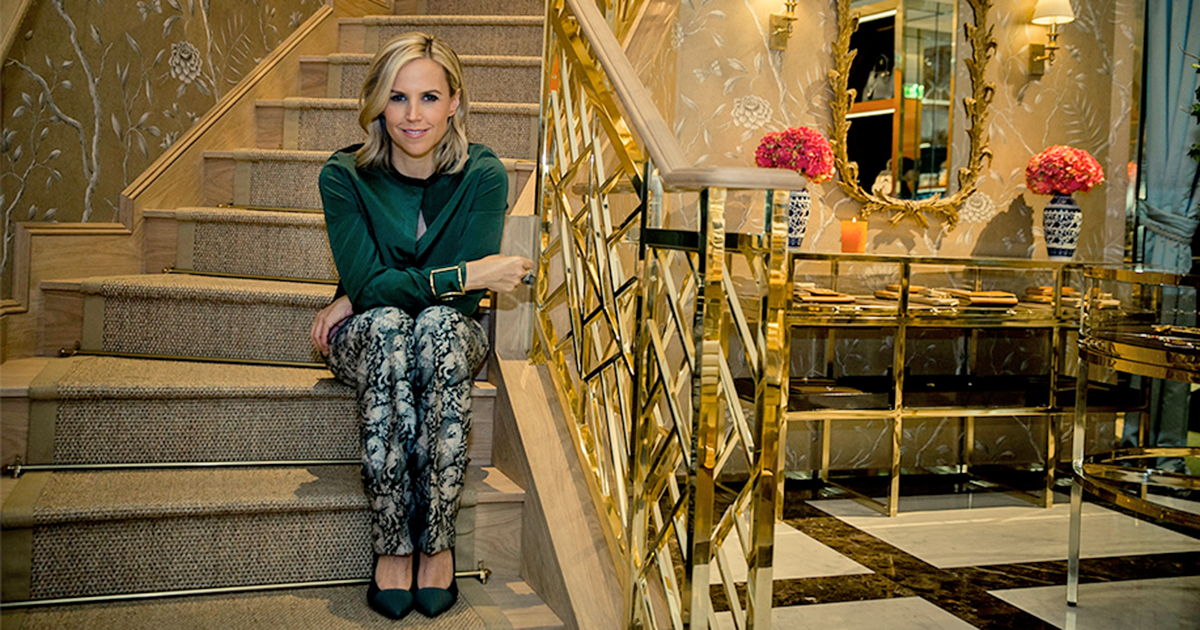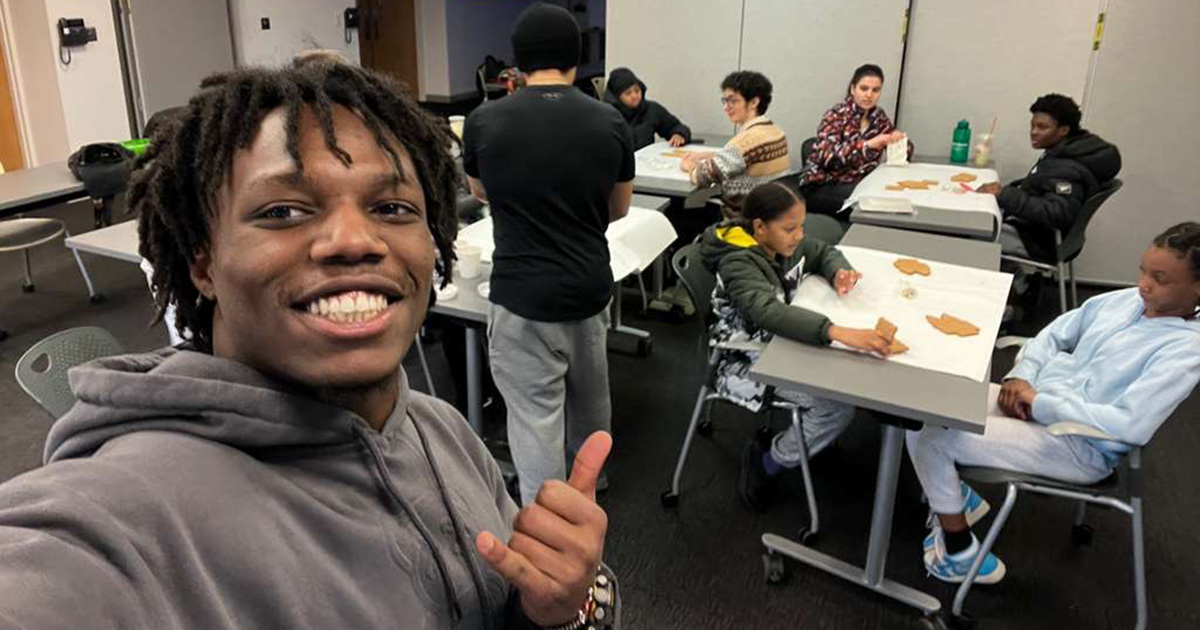Investing in Women: A Conversation with Tory Burch

Tory Burch is celebrating a big birthday—this year, her brand turned 10 years old. The doors to the first Tory Burch store opened in February 2004, albeit without the store’s actual doors, which didn’t arrive in time for opening day. Burch was afraid that like the doors, shoppers wouldn’t show up, but by 6 p.m. she had sold out of nearly all her inventory.
Burch has learned a lot in the past 10 years, expanding her business and establishing a retail presence in more than 50 countries. If net worth were measured in shoes, today she is worth more than 4 million of her signature Reva ballet flats. Is there a secret to her success? In retrospect, she says it’s scary to think how little she knew at the outset, but her motivation to challenge herself and be open to new experiences has never wavered. Burch spoke with us recently about learning on the job, and her newest project, the Tory Burch Foundation Capital Program.
Your degree is in art history, not business. What’s the most important thing you’ve learned on the job that you wouldn’t have learned in a classroom?
Tory Burch: Everything I know about running a business and being a designer, I learned on the job. The most important thing I’ve learned is not to let inexperience stand in the way of something you are truly passionate about. If you’re willing to work incredibly hard, you can develop the skills you need. I was completely surprised by how much I love the management and operations side of running a business. Don’t be afraid to go outside your comfort zone. Creativity and innovation grow out of unexpected experiences and from taking the less-traveled path.
What was it like to pitch family and friends to invest in your company?
TB: I took borrowing people’s money very seriously and was terrified of losing it. I told them to only invest if they were prepared to lose their money. I understood when people said no—not everyone is comfortable with risk. Fortunately, over 100 people said yes. I felt honored by the support and didn’t want to disappoint anyone. It was thrilling to be able to tell our investors in the second year that we were profitable.
Were there ever times during the middle of the night when you doubted the company’s success?
TB: I was usually on the phone in the middle of the night with our team in Hong Kong where it was already the next business day! In the early years, I was literally working around the clock so there wasn’t a lot of time for second guessing. Of course, there were the occasional moments when I wondered whether we’d be able to pull it off. During those times, I just put my head down, focused, and worked harder.
Is there an experience from your career that stands out as one that helped you develop a thicker skin?
TB: When we were first starting out, there were many naysayers, people who thought I should build the brand at wholesale instead of launching a retail store with multiple categories. Others called our early success “a flash in the pan.” I’m a sensitive person, so it was hard. My parents told me that I needed to develop a thicker skin. They said I should think of negativity as noise and focus on what I was doing. It was great advice that I have kept in mind ever since.
What question do you wish more people would ask you?
TB: I wish more people asked what to do to help level the playing field for women entrepreneurs. Women are a great investment and there are many ways to support those who are starting out, whether it’s by mentoring, investing in their business, buying their products, or using their services.
Elizabeth Street Capital is one of your newest projects. What are you looking for from the women applying for these loans?
TB: Our Elizabeth Street Capital initiative with Bank of America provides women entrepreneurs with access to low-cost loans through our CDFI (Community Development Financial Institution) partners in different markets across the country. Each CDFI has their own criteria but, generally speaking, we are looking for passionate, committed women entrepreneurs who can successfully scale their business with the help of an affordable loan.
If you weren’t working as a fashion designer, what would you be doing instead?
TB: I’d probably be a social worker or working for a foundation.
Posted in Entrepreneurial Leadership




